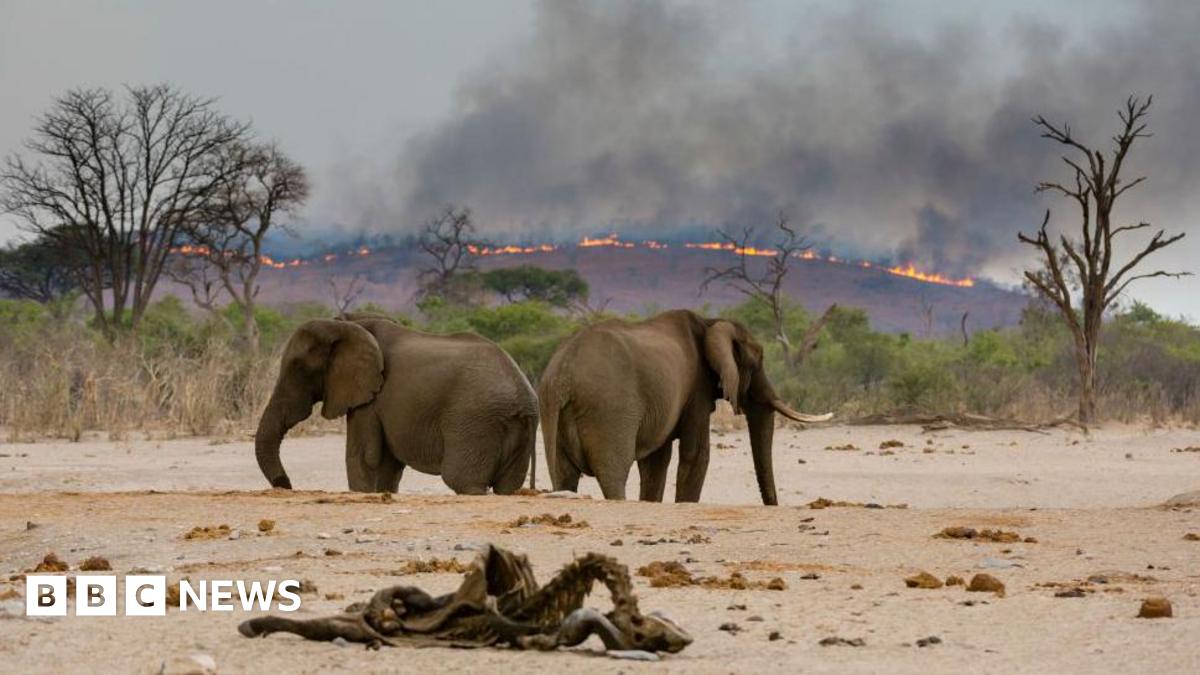Understanding the interdependencies between the different areas is “critical” in addressing the crises affecting the natural world, said the report’s co-chair, Paula Harrison, professor of land and water modelling at the UK Centre for Ecology & Hydrology.
“Our current governance systems are often different departments, they’re working in silos, they’re very fragmented,” she said.
“Often these links are not even acknowledged or ignored and what that means is you can get unintended consequences or trade-offs that emerge because people just weren’t thinking in an holistic way.”
She said the report has identified more than 70 solutions to tackling the problems holistically, many of which are low cost.
Examples given in the report include the disease bilharzia, which causes long-term health issues for more than 200m people worldwide, especially in Africa.
Tackling the problem as a health issue through medication sees people get reinfected.
A different approach in rural Senegal tackled water pollution and the invasive plants that are habitat for the snails which host the parasitic worms which carry the disease, resulting in health and biodiversity gains.

